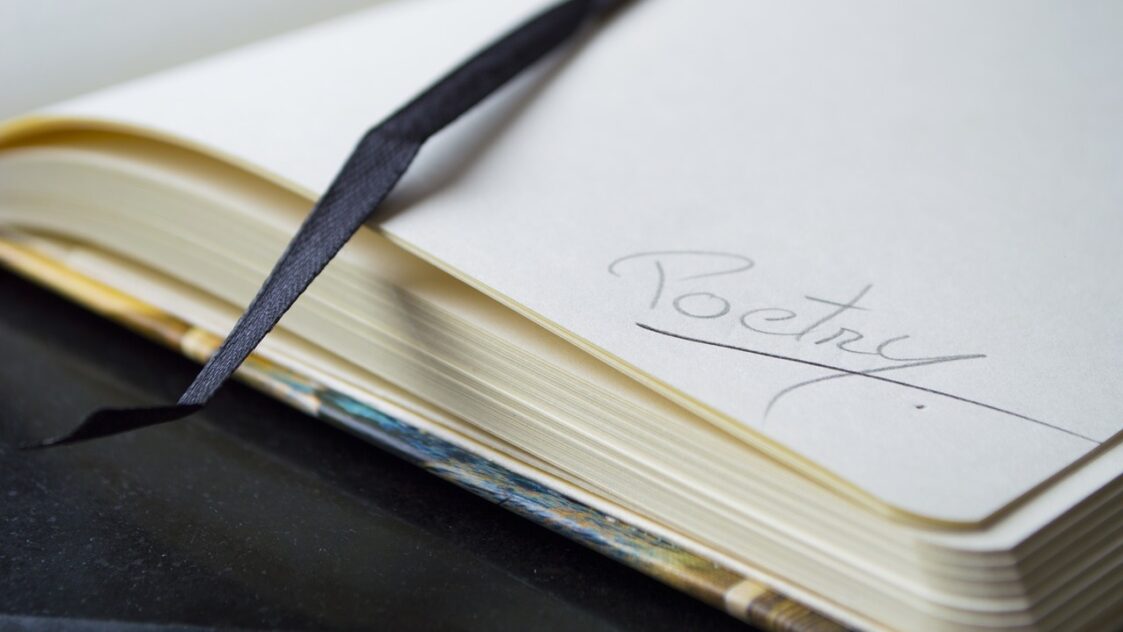If the synopsis is only needed for the publisher, the abstract is needed for the book anyway, if, of course, you plan to introduce your work to the reader. And it does not matter whether the book will be sold in paper, in “electronic” or posted for free.
What is an annotation?
It is a small text for the reader, which serves two functions:
- Informs in general terms what the book is about;
- awakens the reader’s interest, that is, it plays the role of advertising.
On some sites, you can read that the abstract is a brief (then super brief) retelling of the book. That’s not entirely true, or rather, not at all.
Imagine picking up a book (or opening a file) to see what it’s about. And you read in the synopsis that the main character, on an expedition, finds a strange artifact. Then he gets killed and turns into a zombie. Well, why read any further? It is a brief retelling, which makes the reading of the text itself pointless.
Proceed from the fact that the abstract is, first and foremost, a promotional text. It should not retell the content of the book, but attract the reader’s attention, intrigue him, promise him an interesting narrative. And it is he, this reader is interesting. If a book of modern intellectual prose falls into the genre of fantasy, it is unlikely he will appreciate it.
The abstract must meet several requirements:
- It should be brief – 5-6 sentences. You should not force the reader to study half a page of text to understand if this book is worth reading.
- The abstract should take into account the needs of the target audience; it should make the reader understand that he or she will get exactly what he or she wants. For example, if you are writing an action film for a male audience, it is worth emphasizing the extreme conditions in which the hero finds himself, perhaps noting his masculine qualities, or pointing out the need to form them. If the book is a love story, however, the annotation should promise a vivid love line.
- The annotation should reflect the genre of the book, otherwise it will not reach its target audience, and it simply will not be appreciated. That doesn’t mean that the genre has to be stated explicitly. It’s just that the text itself has to match it. For example, “Exploring one of the planets of the solar system, the colonists discovered….” Or “The hero of the book was born in that turbulent and terrible time, which is commonly referred to as the Time of Troubles, and he – a simple archer had the honor…”.
- The abstract should contain “hooks” that hook the reader, intrigue, mystery, the solution of which is promised in the book, or a hint of a problem, a conflict that must be resolved by the hero. This will arouse the reader’s interest, he will want to know what the author writes about it all.
However, there may be a hitch – the mystery, intrigue, conflict, and problem must be in the book itself. Otherwise there will be nothing to interest the reader. By the way, I wrote about the importance of conflict in my article on villains.
One last piece of advice. Before writing an abstract, look at the online bookstore and read the abstracts of books close to your genre. They are not all good, but you get the general idea. Besides, other people’s work always stimulates your own. Perhaps you will be inspired, and you will write a brilliant annotation.
